2020 is shaping up to be the most difficult year the world has seen in a long time. And what I’ve been hearing from artists, over and over again, is “What good am I?” “What good is art?” “In trying times, what good is making art doing?” And I understand where the self doubt comes from, and it’s no help when it’s compounded by the unhelpful opinions of the unartistic masses:
So why do we make art anyway? I’m going to list in order of importance from the simple to the complex:
“Your life is already artful – waiting, just waiting – for you to make it art.”
— Toni Morrison
1 — To Make A Living
All the contributors to this blog, and a good chunk of it’s audience, are artists by profession. Which means we make art because we have chosen that as a career and hey, even when the world is on fire it still runs by money, and we need to earn it to keep ourselves afloat. That is the most straightforward and simplest reason to make art: to make money. And there is nothing wrong with that. I personally fight against the idea that artists shouldn’t be paid properly for their work, and I try to help artists learn how to price their work constantly through the education I put out there. And as Greg Ruth wrote about just a few days ago, that can be difficult and problematic, because the value we put to our work and the value other people put to our work rarely perfectly aligns. Regardless, bacon needs to be brought home, and art is the means by which many of us provide for ourselves and our families. When times are tough, our craft is what supports us financially.
“You may not control all the events that happen to you, but you can decide not to be reduced by them.”
— Maya Angelou
2 — For Our Mental Health
If you’ve been reading my columns here for a while, you know my fascination and area of ongoing research is how artmaking affects mental health. Most of us started out as artists way before any thoughts of jobs or money or even praise was on the table. We made art because it felt good. It helped us process. It helped us know what to do with all our extra emotions, stress, energy, and creativity. Almost all of us use art as a form of therapy. This also came up this week in Allen Williams’s post, as part of his Fourth Question: A drawing takes as much time as he needs it to, whether it is for the drawing or “for [his] own psychological/spiritual well being”. In my article on the links between artists & mental health issues, I talk about one of the theories of why people are driven to make art. Otto Rank first proposed (and many psychologists have developed his theory since) that the difference between an artist and a person who doesn’t create things is the absorption of extra emotion and extra sensory information. The more sensitive person either finds a way to process and offload that extra energy through creation, or it burns them out and it leads to anxiety, depression, and other mental health issues. In tough times, that burden is even greater. An artist must process even more emotion and fear and doubt. If we don’t put it into our work when we feel the need and calling to process something physically then we do ourselves and our minds more harm. When times are tough, we make art to cope.
“Nothing can be changed until it is faced.”
— James Baldwin
3 — To Change the World
In both that above-mentioned article on mental health, but also especially in my explanations of Carl Jung & Joseph Campbell’s work in my Magic for Artists post, I talk about Art being the method we use to talk to our subconscious. That helps in #2 – supporting our mental health – but when we go deeper we reach right through our subconscious (emotions) into our even deeper unconscious levels (dreams) and if we are in sync with our times we reach right into the collective unconscious of our societies. Artists are both barometers of what society is feeling and agents of changing the society for the better. Whatever you believe, whatever you value, whatever you feel is the right way for the world to go, making art is the method we artists change the world. I know that may sound hokey, but if you do study Joseph Campbell, and learn about the path of the hero in all the myths (ancient as Prometheus and modern as Luke Skywalker) you realize the hero in all those stories is actually a stand-in for the artist. A hero fights his way into the underworld (his unconscious), takes the path into deepest darkest mystery (the collective unconscious), fights a dragon or beast (dark shadows of our society), wins a treasure (truth), and brings it back to his people (makes art about it and shows it to people). Progress doesn’t happen by changing people’s minds, it comes from changing people’s hearts, and that is what art’s highest function is. And that truth can come in many different forms. An artist makes art that is important to them, and via them, the world. Most of the artists here are involved in fantasy art. Fantasy is really just mythmaking. Make sure you create the myths you want to see realized in the world.
“Biggest obstacle I ever faced was my own limited perception of myself.”
—RuPaul
“Take the first step in faith. You don’t have to see the whole staircase.”
— Martin Luther King, Jr.


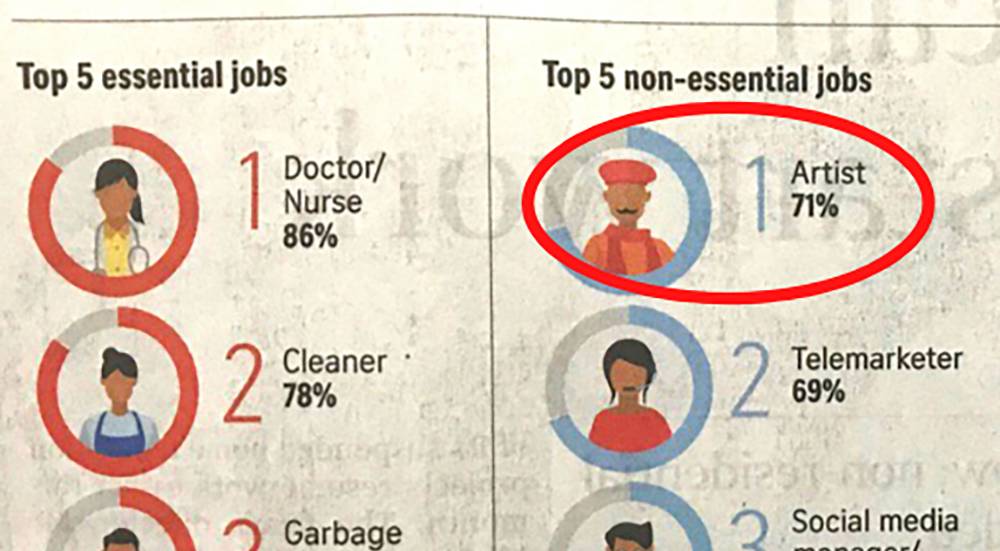

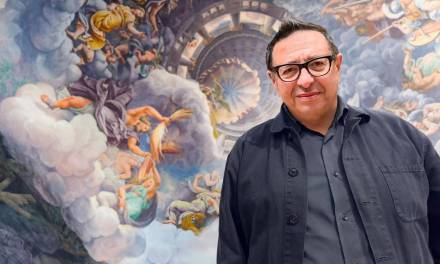

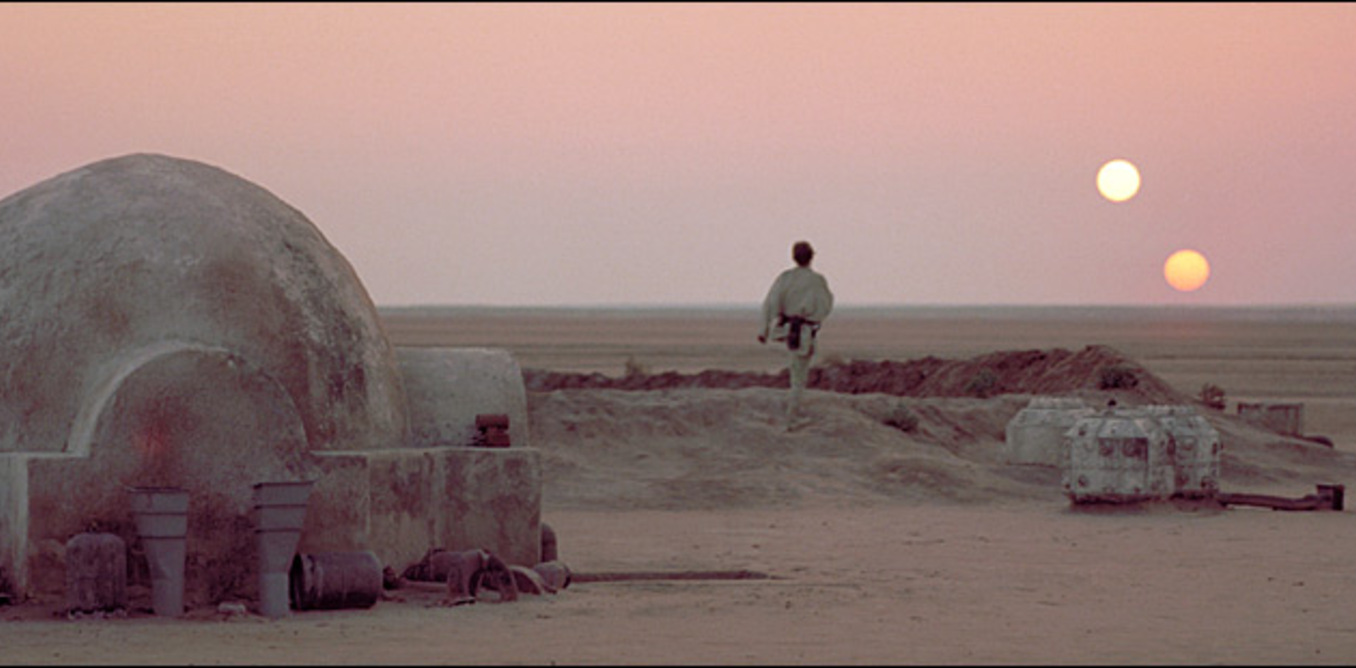
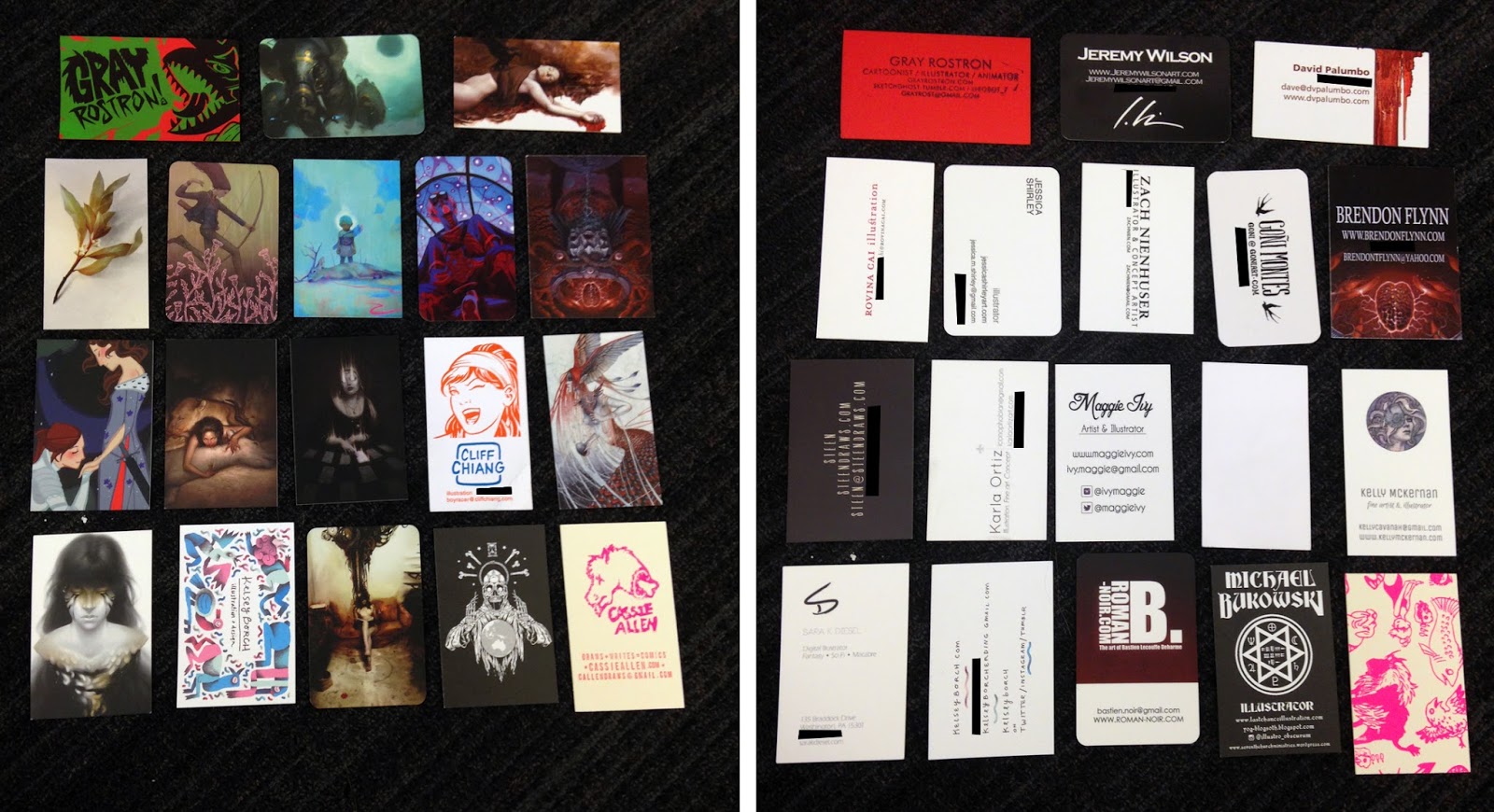
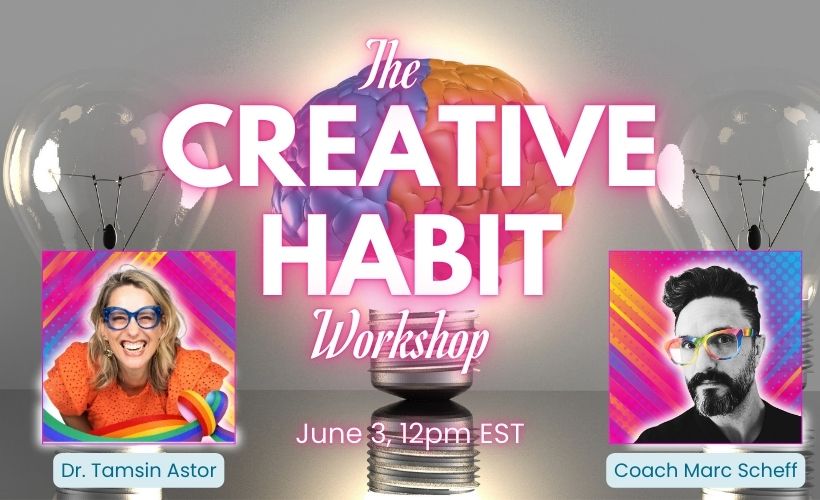
Perfect! That Nina Simone chat slays me overtime I see it. Thanks for this post!
<3 Thanks Greg! Yours was fantastic this week too!
Thanks for sharing this Lauren, it really strucks a chord related to my life experience as an artist. In the environment I live in (a family of mainle businness people and lawyers in a developing country where art is seen as something only drunk people do) it has been such a challenge to get over that environment, and in that sense I do feel we are called to fight for changes, not only in society but also show people around us the different and valid ways there are on how we choose how to live, and how to make our living.
It’s been super hard getting up and fighting against that wave, where they see you as someone who doesn’t do business so you’re a failure. But then it also has been an experience of educating and showing our environment that art is also business, and you need art business skills to make your living, and not only that, that there are an amazing array of industries in the world needing art.
Many of my acquaintances like video games, movies, board games, but they hadn’t realized someone makes all that art! Until I taught them.
Thanks again Lauren!
It’s so true, especially during this quarantine! People think “artist” and they’re like well, we don’t need big paintings on walls in a crisis (they’re wrong but that’s a different issue) but they dont stop to think that every piece of media they are consuming is the work of teams of artists. so frustrating.
The music business is similar; however, in my old age I’ve become more pragmatic… you market what sells… if you are in lock down, you practice or give Skype lessons… when things open up you play “boomer” music for the older folks, classical for weddings, and just forget about jazz… only a few jazz players and their girlfriends would show up anyway…
Well, there’s defintely a disconnect sometimes between what art we make to earn a living and what art we need to make for ourselves. I am sure there is some overlap if you try to find it, but also know it’s ok, as long as you are still playing that jazz for yourself!
I question the methodology of ANY report that claims people value telemarketers over artists.
Was it conducted via cold-calls? My a social media management company? Hmmm…
Yeah, but telemarketers go to work and talk on phones… you know, like a REAL job. Not like artists.
REAL job… UGH!
I suppose that’s why all my friends joke that when the company I worked for years ago shuttered and I passed on returning to the mothership to go freelance, they always say “…and he STILL hasn’t gotten a REAL job.”
Looks like I need REAL friends!
When I start to feel like my art is pointless, I think about the people it could impact. My goal with art is to inspire hope and spread positive energy. If my art/influence saves ONE person from committing suicide, that’s enough for me. I don’t need everyone to think my art is essential. If my art is essential to just a few people, that’s enough.
I’m not bothered by this, it just lets us know just how much people don’t really understand how much art influences our habits and our lives. Even the social media marketer is really important. Garbage collecting can be automated and I agree that telemarketers have been mostly phased out for years now. I mostly think that the surveyors who read ‘artist’ only think of people who paint pictures on Sunday as a hobby and might sell a few pieces here and there. They’re not really thinking that ‘artist’ includes all sorts of fields and designers.
James Gurney’s life and work saved me. Add a touch of dignity to art work, serious, real, science-based work. A very American archetype, I always saw the most pragmatic American artists, where achievement based on study and practice is seen and not on the European archetype of the creative absorbed by the ideas that a chaotic and disordered life of work and circumstantial genius and It is not the result of a trajectory. Or the archetype of my region, the Latin American, lazy, who smokes and makes street art part of his time and another as a socialist activist. On the other hand, personally, I regret and a certain shame of being an artist at the moment, I think that people, the market and especially left-wing theorists reduce us to simple workers who are only at the service of social imperatives and reduce ourselves to this time and values, and not looking for something more transcendental and timeless.